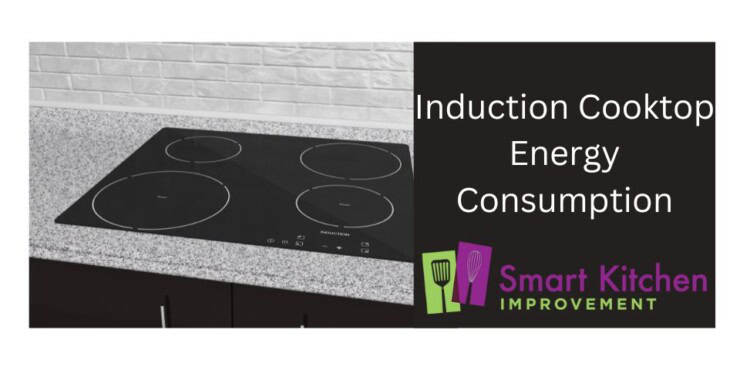Induction cooktops have gained popularity in recent years due to their speed and efficiency in cooking. However, a common concern among consumers is whether induction cooktops use more electricity compared to other types of cooktops. In this article, we will examine the evidence and provide a fact-checked answer to the question: do induction cooktops use more electricity?
How Induction Cooktops Work
Induction cooktops use electromagnetic energy to directly heat the cooking vessel, rather than using a gas flame or electric heating element to indirectly heat the vessel. When an induction-compatible pot or pan is placed on the cooktop, an alternating current is generated within the cooktop’s coil, which creates a changing magnetic field.
This magnetic field then induces a current in the pot or pan, causing it to generate heat and cook the food.
One of the main benefits of induction cooktops is their energy efficiency. Because the heat is generated directly in the pot or pan, less energy is lost compared to traditional cooktops that rely on heat transfer. Additionally, the cooktop’s surface remains cool to the touch, which reduces the risk of burns and also reduces energy loss through radiation.

Do Induction Cooktops Use More Electricity?
Now that we have a basic understanding of how induction cooktops work, let’s examine the evidence to determine whether they use more electricity than other types of cooktops.
A study conducted by Fronster energy (Link) found that induction cooktops have higher energy efficiency compared to gas and electric cooktops. The study measured the energy efficiency of various cooktop types under different cooking conditions, including boiling water and simmering. the results showed that induction cooktops had the highest energy efficiency, followed by gas cooktops, and finally electric cooktops.
In terms of raw energy consumption, induction cooktops do tend to use more electricity compared to gas cooktops. However, this does not necessarily mean that they are more expensive to operate. The higher electricity consumption of induction cooktops is offset by their higher energy efficiency, resulting in lower overall energy costs.
To put it simply, induction cooktops are the most efficient type of cooktop. They use less energy than gas and electric models to produce the same amount of heat.
In terms of environmental impact, induction cooktops have a lower carbon footprint compared to gas cooktops. Gas cooktops release carbon dioxide and other greenhouse gases as a result of burning natural gas, whereas induction cooktops do not produce any emissions.
How much electricity does an induction consume per hour?
According to attainablehome.com induction cooker uses an average of 1400 watts per hour . This is about half of what a gas stove uses. If you use an induction cooker for four hours per day, it would consume about 5200 watts per day.
Factors Affecting Induction Cooktop Electricity Consumption
There are several factors that can affect the electricity consumption of an induction cooktop. These include:
- Size of the cooktop: Larger induction cooktops tend to use more electricity compared to smaller ones.
- Size of the cooking vessel: Induction cooktops are most efficient when used with vessels that are the same size as the cooktop’s heating element. Using a smaller vessel may result in higher electricity consumption due to the cooktop having to work harder to generate heat.
- Type of cooking: Different cooking tasks may require different levels of heat, which can affect the electricity consumption of the cooktop. For example, boiling water may require higher heat and therefore use more electricity compared to simmering.
- Cooking time: The longer the cooktop is in use, the more electricity it will consume.
Final Thoughts
In summary, induction cooktops do use more electricity compared to gas cooktops. However, their higher energy efficiency compared to electric cooktops makes up for the increase in electricity consumption. The amount of electricity used by an induction cooktop will depend on the type and size of vessel being used, as well as cooking time.

